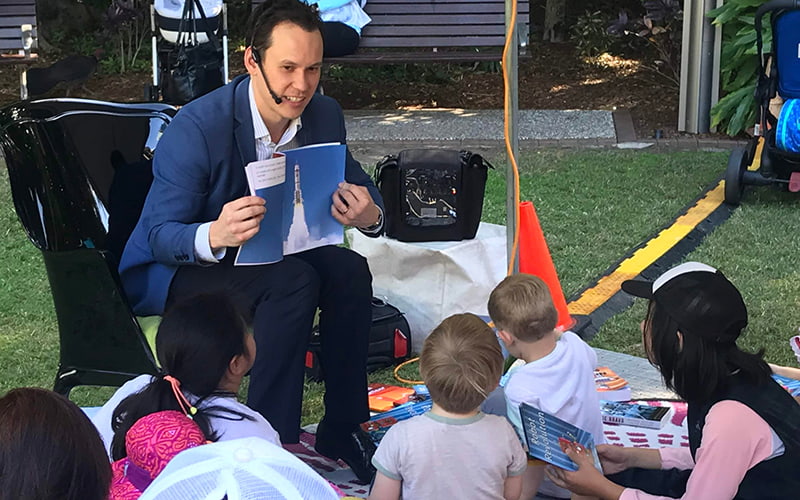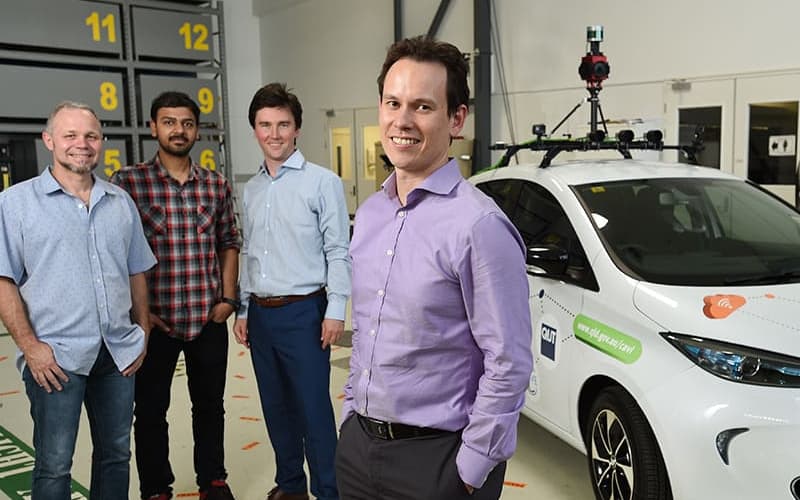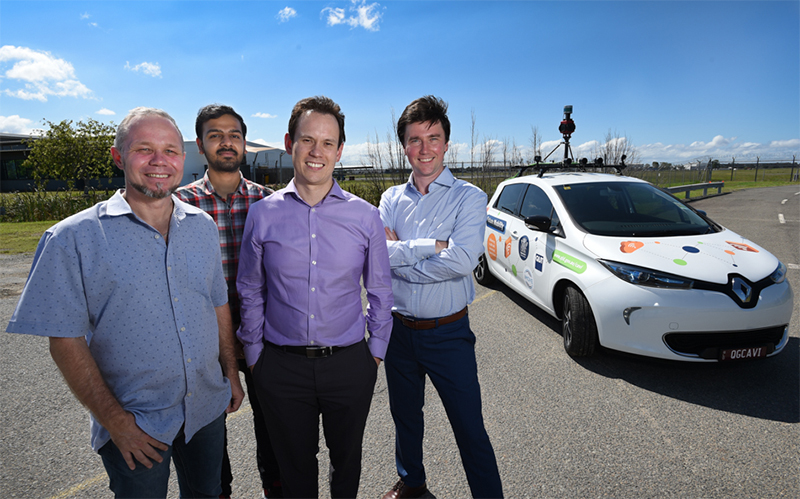'Through my research, I work to improve the wellbeing of people with palliative care needs, and their families.'
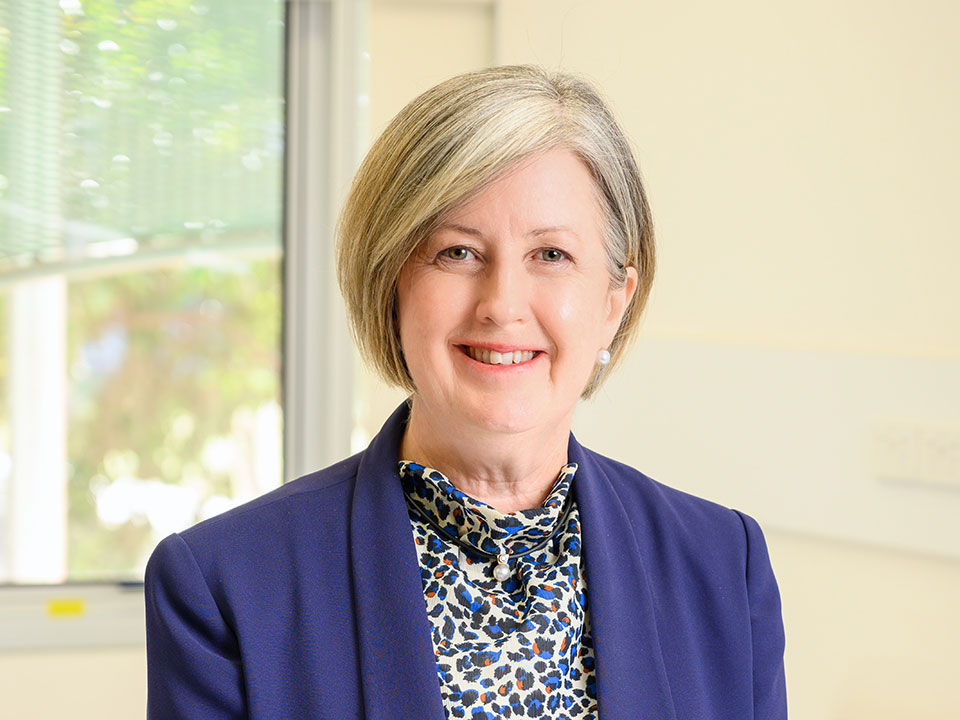
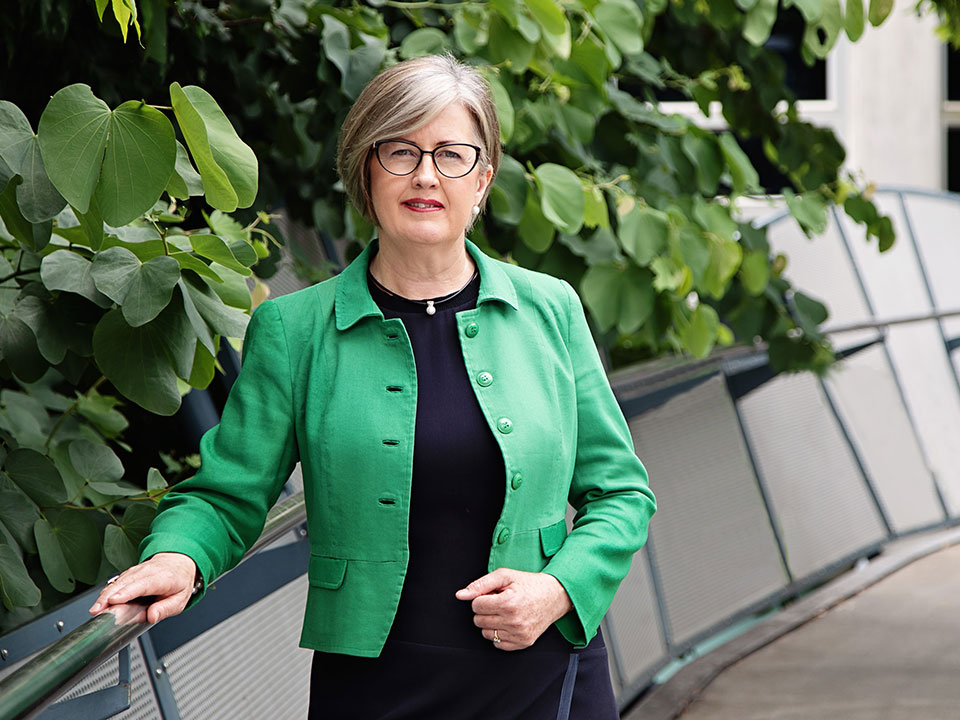
The spark
'Observing first hand the gaps in access to specialist palliative care, and the adverse impact on people living with advanced life-limited illnesses, fuels my imagination to achieve better palliative care outcomes.'
Research aim
'To ensure that everyone with palliative care needs has access to the best evidence-based care - regardless of their disease, geography, care setting or social circumstances.'
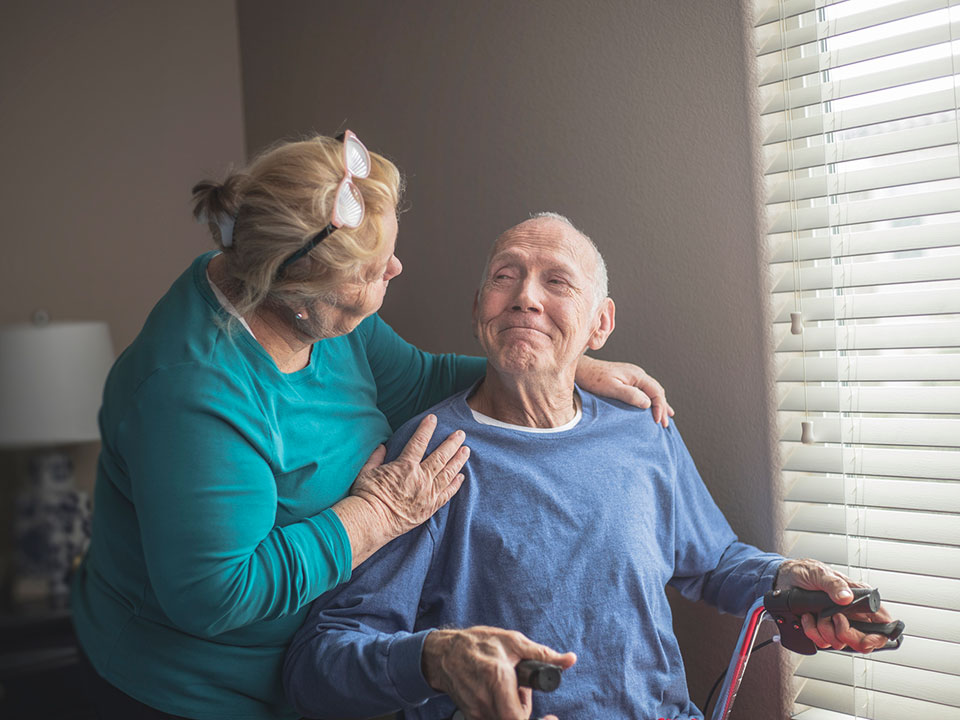
Real-world implications
'The way society cares for people during the last year of life is a hallmark of how civilised we are. While palliative care has evolved markedly over the past 30 years, and Australia is one of a handful of countries with well-developed service, there continue to be many under-served populations, such as people in prison, people living with disabilities, and our First Nations people. Addressing these service gaps is critical for enabling more people to spend as many days as possible in their preferred place of care, free of distress and discomfort. Delivering on this promise would ensure that the patient and families had better care experiences and reduce health care waste.'
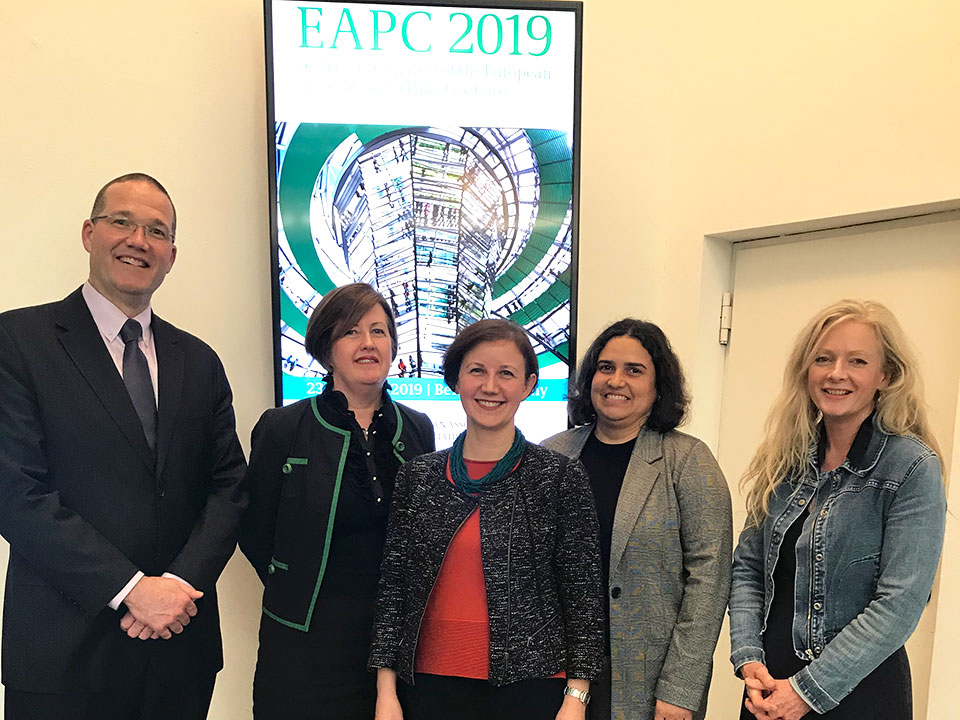
The challenge
'To develop and test a virtual, scalable and digitally connected model of care that enables the best evidence-based palliative care for people with palliative care needs across vast distances; and translate some of the existing palliative care evidence into usual clinical practice.'
Teaching
'It is a privilege to contribute to the research capacity of the next generation of clinical nursing and healthcare academic thought leaders. Teaching is also an opportunity to demystify research and ensure that our nursing graduates are committed to providing evidence-based care and have the skills to respectfully challenge the status quo.
Strengthening the teaching, research, and nursing practice nexus is essential to improving care outcomes. We need to inspire the next generation of nurses to be great consumers of the evidence and start asking the "why" questions. Embedding our nurse researchers' work across our revised nursing courses and within our new Master Entry Nursing is a critical part of this quest.'
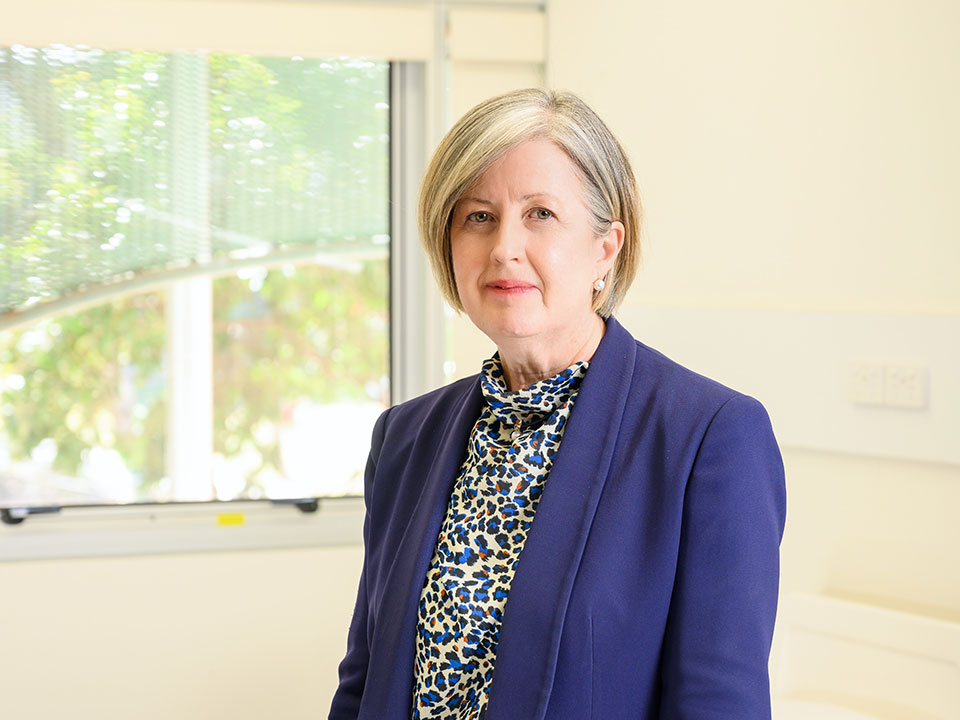
Key achievements
- Having an opportunity to lead a consortium of 24 organisations to develop a national model of palliative care for Australian prisons. This national consortium includes every justice health and correctional services organisation across Australia, consumers, clinicians and a newly created Aboriginal and Torres Strait Islander leadership group. While this is a complex project, the goodwill and collaboration within the consortium to make a difference to this underserved palliative care population makes it all possible.
- Collaborating with the NSW Better Health Institute to develop a palliative care patient and carer survey.
- Completing two randomised controlled trials designed to improve the symptoms experience of people with palliative care needs - one focused on chronic breathlessness and the other on unrelieved cancer pain.
Key collaborators
'Collaboration is central to all of my work. This is partly because my chosen clinical speciality cancer and palliative care is inherently interdisciplinary, so I am well versed in collaborative clinical, educational and research endeavours. One of the many things I love about the research I lead is bringing different disciplines and the best global experts to the table to address the problem. As as the Director of a Transdisciplinary Research Centre, I had the pleasure of creating my dream team, composed of a dedicated consumer group, medical, nursing, and allied health clinicians, health economists, linguists, medical scientists and biostatisticians, many of whom were the best in their field. In my experience ‘magic happens’ when you bring people who are committed and trust one another together to tackle a "wicked problem".'
- Cancer Australia
- SPHERE
- NSW Better Health Information Bureau
- Cancer Council NSW
- Silver Chain
- Sandford Medicine
- Johns Hopkin School of Nursing
- Hong Kong Poly Technical University
- Hong Kong University
- Sun Yat-Sen University, China
- York-Hull Medical School, UK
Key publications
Residential aged care: the last frontier for palliative care.
'This manuscript not only speaks to my passion for addressing the needs of underserved populations, but it also reminds me of what is possible and how privileged I was to collaborate with two stellar clinical nurse academics, both of whom went on to become Vice-Chancellors.'
'This systematic review lead by my doctoral student quantified the burden of delirium in people admitted to inpatient palliative care and the unintended consequences of this not being recognised.'
'This collaborative manuscript was written with nursing colleagues focussed on strategies for engaging people from culturally and diverse backgrounds in focus group research, which traditionally were less likely to be invited to contribute.'
